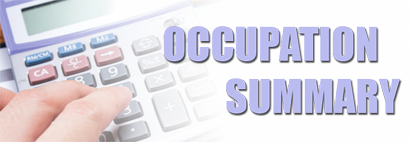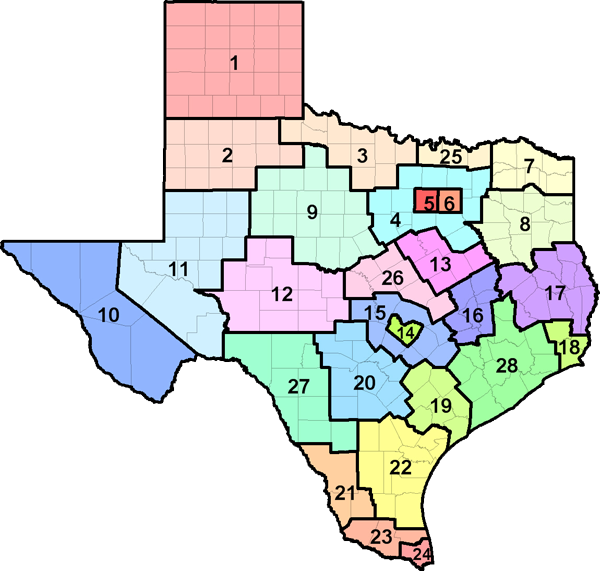The U.S. Department of Labor has developed an automated occupational information database, O*NET, that identifies and describes work content, work skills, and training requirements for all jobs across the country in all sectors of the economy. Much of the occupational information contained in this report is derived directly from the O*NET database, and supplemented with information from the Bureau of Labor Statistics, Census Bureau, and Labor Market and Career Information.

| Industry | % of Healthcare Social Workers employed | Annual Growth Rate |
|---|---|---|
| General medical and surgical hospitals | 23.9 | 0.34 |
| Home health care services | 11.9 | 1.85 |
| Individual and family services | 11.7 | 1.88 |
| Nursing care facilities (skilled nursing facilities) | 7.6 | -0.28 |
| Outpatient care centers | 7.1 | 1.76 |
| Offices of physicians | 4.4 | 0.36 |
| Insurance carriers | 4.3 | 0.71 |
| Residential mental health facilities | 2.2 | 0.71 |
| Continuing care, assisted living facilities | 2 | 1.24 |
| 2023 Statewide average hourly wage | $30.83 |
| 2023 National average hourly wage | $32.42 |
| 2022 National employment | 191,400 |
| 2022 Texas employment | 12,168 |
| Texas projected employment by 2032 | 13,958 |
| Texas projected annual employment and Turnover openings through 2032 | 1,277 |

| Region | Employment | Projected Employment 2032 | Projected Annual Openings 2032 |
Annual Growth Rate |
Average Income |
|---|---|---|---|---|---|
| Texas (all regions) | 12,168 | 13,958 | 1,277 | 1.38% | $64,117.00 |
| Top 10 Relevant Knowledge Areas | Relevant Importance Levels |
|---|---|
| Psychology Knowledge of human behavior and performance; individual differences in ability, personality, and interests; learning and motivation; psychological research methods; and the assessment and treatment of behavioral and affective disorders. |
|
| Therapy and Counseling Knowledge of principles, methods, and procedures for diagnosis, treatment, and rehabilitation of physical and mental dysfunctions, and for career counseling and guidance. |
|
| English Language Knowledge of the structure and content of the English language including the meaning and spelling of words, rules of composition, and grammar. |
|
| Sociology and Anthropology Knowledge of group behavior and dynamics, societal trends and influences, human migrations, ethnicity, cultures, and their history and origins. |
|
| Customer and Personal Service Knowledge of principles and processes for providing customer and personal services. This includes customer needs assessment, meeting quality standards for services, and evaluation of customer satisfaction. |
|
| Education and Training Knowledge of principles and methods for curriculum and training design, teaching and instruction for individuals and groups, and the measurement of training effects. |
|
| Philosophy and Theology Knowledge of different philosophical systems and religions. This includes their basic principles, values, ethics, ways of thinking, customs, practices, and their impact on human culture. |
|
| Administrative Knowledge of administrative and office procedures and systems such as word processing, managing files and records, stenography and transcription, designing forms, and workplace terminology. |
|
| Law and Government Knowledge of laws, legal codes, court procedures, precedents, government regulations, executive orders, agency rules, and the democratic political process. |
|
| Medicine and Dentistry Knowledge of the information and techniques needed to diagnose and treat human injuries, diseases, and deformities. This includes symptoms, treatment alternatives, drug properties and interactions, and preventive health-care measures. |
| Top 10 Relevant Skill Areas | Relevant Importance Levels |
|---|---|
| Social Perceptiveness Being aware of others' reactions and understanding why they react as they do. |
|
| Service Orientation Actively looking for ways to help people. |
|
| Speaking Talking to others to convey information effectively. |
|
| Reading Comprehension Understanding written sentences and paragraphs in work-related documents. |
|
| Active Listening Giving full attention to what other people are saying, taking time to understand the points being made, asking questions as appropriate, and not interrupting at inappropriate times. |
|
| Critical Thinking Using logic and reasoning to identify the strengths and weaknesses of alternative solutions, conclusions, or approaches to problems. |
|
| Coordination Adjusting actions in relation to others' actions. |
|
| Complex Problem Solving Identifying complex problems and reviewing related information to develop and evaluate options and implement solutions. |
|
| Writing Communicating effectively in writing as appropriate for the needs of the audience. |
|
| Active Learning Understanding the implications of new information for both current and future problem-solving and decision-making. |
| Top 10 Relevant Abilities | Relevant Importance Levels |
|---|---|
| Oral Expression The ability to communicate information and ideas in speaking so others will understand. |
|
| Problem Sensitivity The ability to tell when something is wrong or is likely to go wrong. It does not involve solving the problem, only recognizing that there is a problem. |
|
| Deductive Reasoning The ability to apply general rules to specific problems to produce answers that make sense. |
|
| Oral Comprehension The ability to listen to and understand information and ideas presented through spoken words and sentences. |
|
| Written Comprehension The ability to read and understand information and ideas presented in writing. |
|
| Speech Recognition The ability to identify and understand the speech of another person. |
|
| Speech Clarity The ability to speak clearly so others can understand you. |
|
| Inductive Reasoning The ability to combine pieces of information to form general rules or conclusions (includes finding a relationship among seemingly unrelated events). |
|
| Written Expression The ability to communicate information and ideas in writing so others will understand. |
|
| Fluency of Ideas The ability to come up with a number of ideas about a topic (the number of ideas is important, not their quality, correctness, or creativity). |